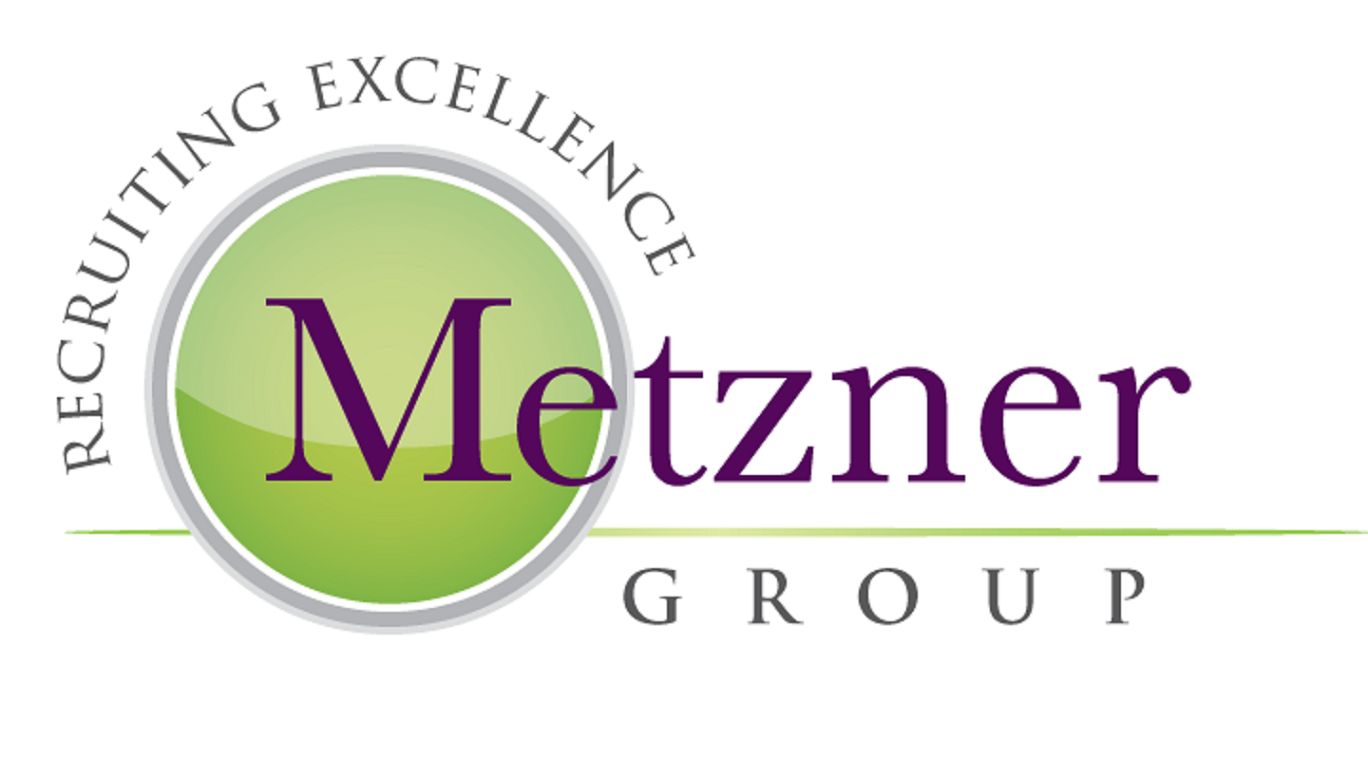Civil Engineering & Local Politics: Should You Run For Office?
It is that time of year again and the political landscape is heating up! A Google search shows that past/current mayors of Omaha, NE, City of East Orange, N.J. and Norton, OH were/are civil engineers. Current Portland, OR mayoral candidate, Steve Sung, spent 32 years as a civil engineer for the city of Portland. With two candidates for California and Indiana congress, civil engineers are “taking to the streets” to lead policy formation.
Recently I asked civil engineer and past Mayor of Frederick, MD, Jeff Holtzinger, for his thoughts on civil engineers and local politics. Here is his comment:
“Civil engineers are a good fit to solve the problems many cities are facing with aging infrastructure and infrastructure that has been outpaced by growth. I also think the analytical thinking which is part of an engineering background gives engineers an advantage in problem solving.”
As our cities’ infrastructure decays, having a background in civil engineering seems to bring an added benefit to the political table. It would be interesting to see if cities with civil engineering trained mayors have better infrastructure at the end of their term than similar cities.
What do you think?
The Metzner Group Blog




